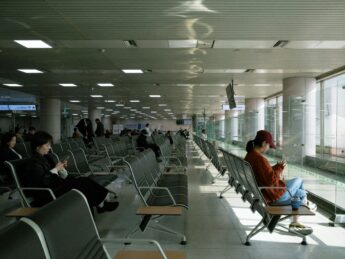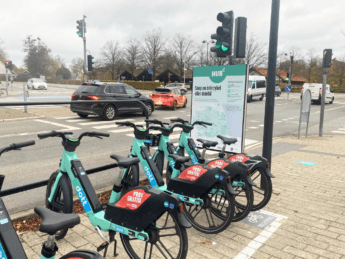
Situation
Many airports work with passenger segments to optimise the development of targeted services that meet the needs of current and future travellers. These segments are either based on robust data and tailored surveys designed to capture the essence of the specific profiles travelling through the airport, or rely on more generic, standardised segments that are broadly applicable across airports. However, such generic segments often lack the necessary nuances to provide actionable insights that can drive the development of new services and offerings.
Complication
A major European airport faced exactly this challenge. They had invested in a standard product which provided six segments structured around five dimensions: price sensitivity, time, independence, digitalisation, and curiosity. While these segments were based on historical quantitative and qualitative data from other airports, they had not yet been identified within their own traveller population. As a result, there was limited activation of the segments within the organisation, stemming from doubts around the existence and size of the segments. This made it difficult to develop precise communication, campaigns, service, and commercial offerings.
Recommendation
Epinion conducted a study among the airport’s own passengers to test and validate whether the segments were applicable, and to identify their actual sizes. In addition, a deeper analysis and advanced segmentation were carried out, which revealed that certain segments had been overlooked in the standardised approach. The recommendations included adjustments to the segmentation model so that it better reflected the actual passenger profiles. This provided the airport with better insight into passengers’ real needs and requirements, enabling more effective decision-making, campaign customisation, and communication. Moreover, it helped shops, restaurants, etc., to create more targeted offerings to travellers, thereby maximising commercial opportunities.





